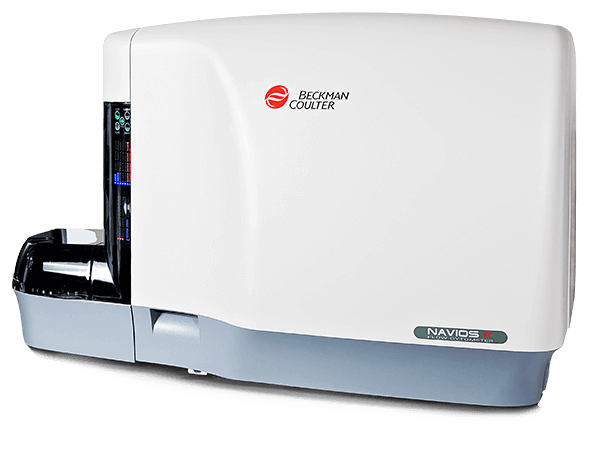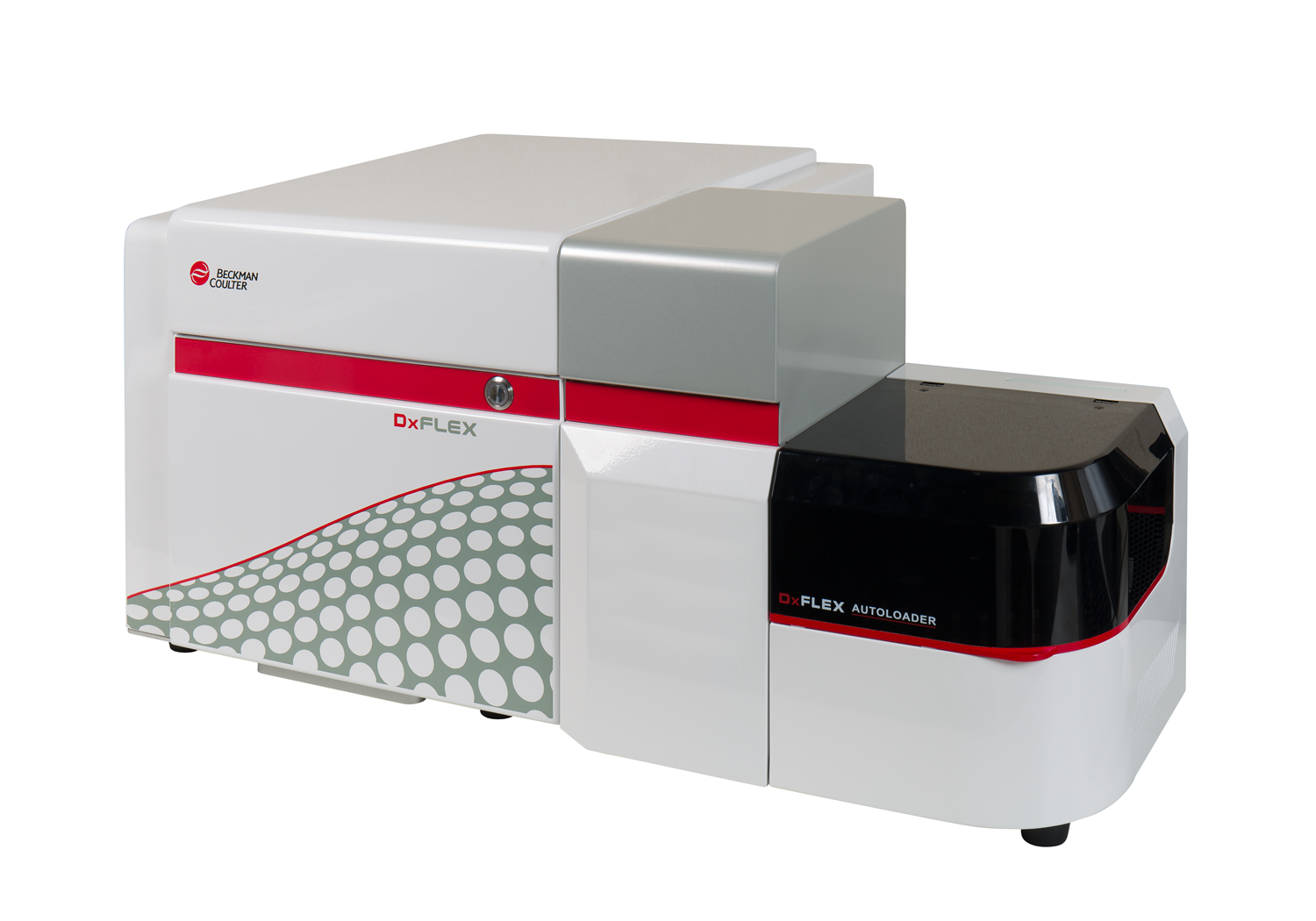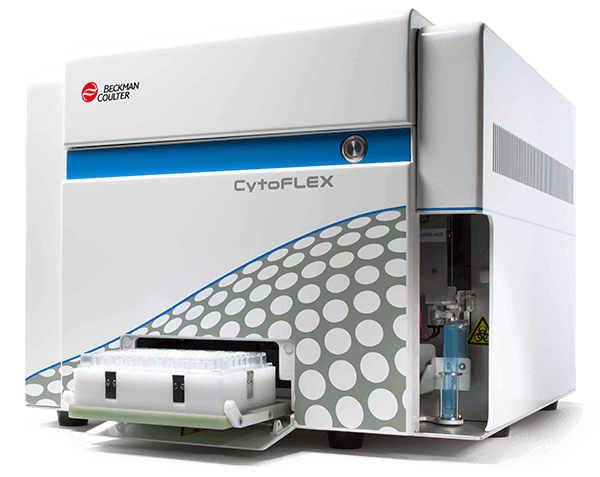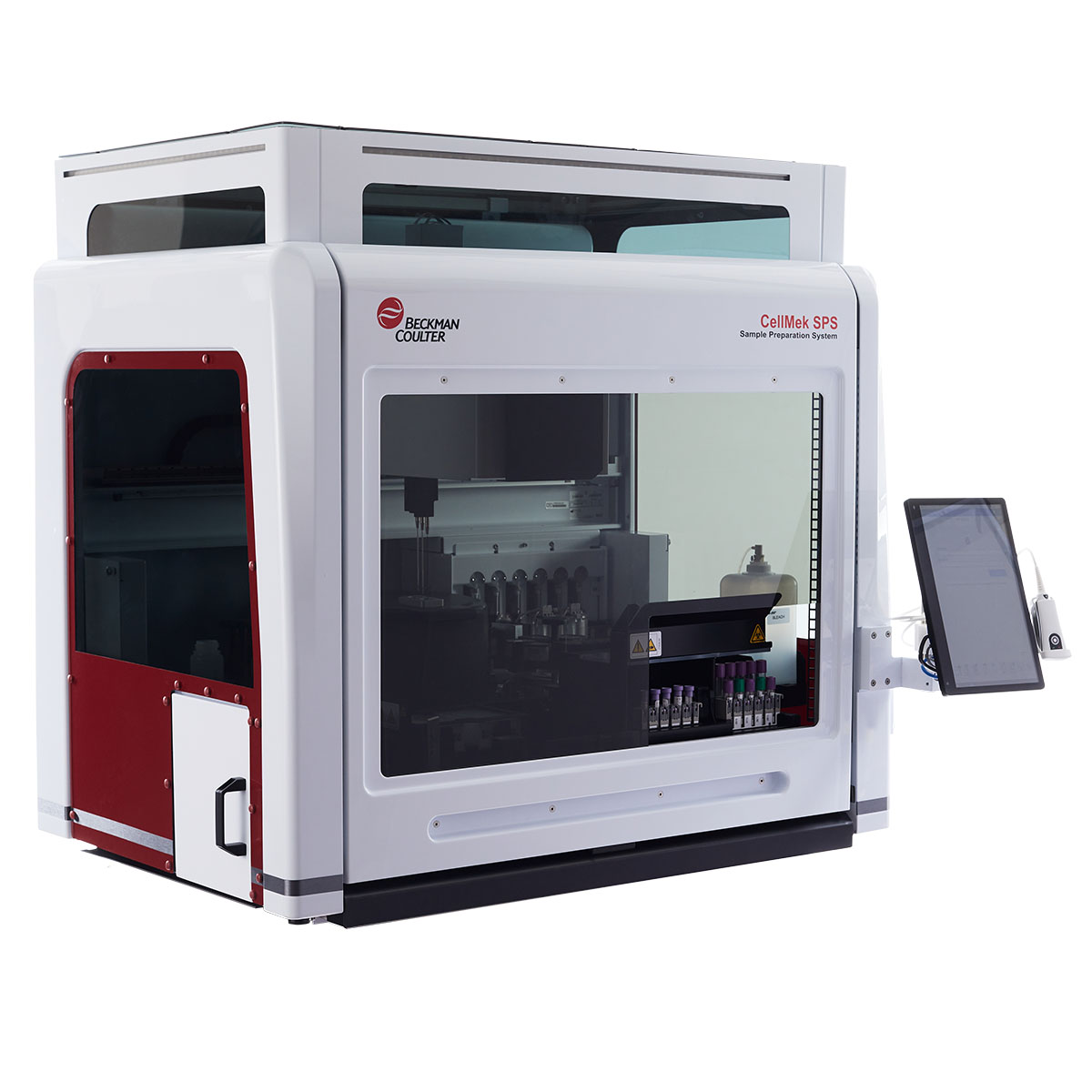CD41 Antibodies
The CD41 antigen (platelet GPIIb; IIb integrin) is a transmembrane glycoprotein composed of two chains GPIIbα (120 kDa) and GPIIbβ (23 kDa) linked by one disulfide bond. CD41 is always non-covalently associated with CD61 (platelet GPIIIa, β3 integrin), to form the GPIIb-IIIa (CD41/CD61) complex. CD41 is expressed by platelets, megakaryocytes and a small subset of CD34+ cells, suggesting that CD41/CD61 is one of the earliest markers of the megakaryocytic lineage. The resting form of the CD41/CD61 complex binds to immobilized fibrinogen and upon platelet activation, the complex becomes a receptor for soluble fibrinogen, fibronectin, vWF, vitronectin and thrombospondin. It is involved in platelet aggregation.
| Clone: P2 | Isotype: IgG1 Mouse |
| The P2 antibody reacts with the α chain of CD41a (GPIIbα) in the intact complex with GPIIIa but not with the GPIIb or GPIIIa separately. This antibody blocks binding to fibrinogen and inhibits platelet aggregation induced by thrombin, collagen and ADP. The P2 antibody was used as a CD41 reference mAb during HLDA 6. | |
| Clone: SZ22 | Isotype: IgG1 Mouse |
| The SZ22 monoclonal antibody reacts with the α chain of CD41 (GPIIbα) on platelets and megakaryocytes. This monoclonal does not inhibit platelet aggregation and secretion induced by collagen, arachidonic acid, and thrombin. It does not inhibit fibrinogen binding to human platelets induced by ADP, arachidonic acid and PAF. | |







